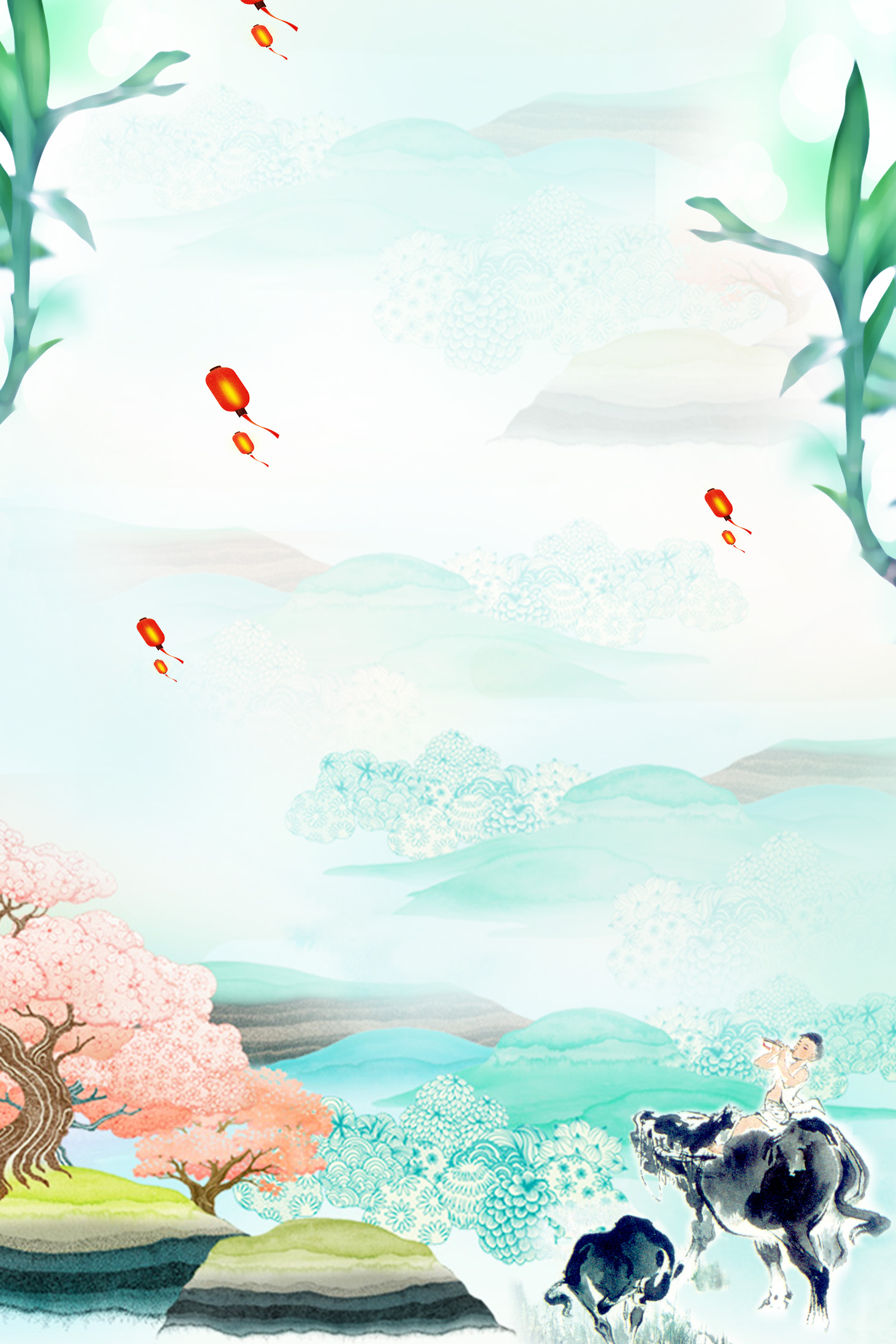
What does annotate mean? To provide critical or explanatory notes for (a literary work, etc.) (verb). Annotate with a highlighter and a pen or pencil. One of the easiest ways to annotate a book is to use a highlighter and pen or pencil directly on the text. Choose a highlighter in a shade that is easy for you to read on the page, such as a light blue or orange color. The standard yellow highlighter shade would also work too.
Annotate the point xy with text text.
In the simplest form, the text is placed at xy.
Optionally, the text can be displayed in another position xytext.An arrow pointing from the text to the annotated point xy can thenbe added by defining arrowprops.
Annotated Bibliography Example
| Parameters: | - textstr
The text of the annotation. - xy(float, float)
The point (x, y) to annotate. The coordinate system is determinedby xycoords. - xytext(float, float), default: xy
The position (x, y) to place the text at. The coordinate systemis determined by textcoords. - xycoordsstr or
Artist or Transform or callable or (float, float), default: 'data' The coordinate system that xy is given in. The following typesof values are supported: One of the following strings: | Value | Description |
|---|
| 'figure points' | Points from the lower left of the figure | | 'figure pixels' | Pixels from the lower left of the figure | | 'figure fraction' | Fraction of figure from lower left | | 'subfigure points' | Points from the lower left of the subfigure | | 'subfigure pixels' | Pixels from the lower left of the subfigure | | 'subfigure fraction' | Fraction of subfigure from lower left | | 'axes points' | Points from lower left corner of axes | | 'axes pixels' | Pixels from lower left corner of axes | | 'axes fraction' | Fraction of axes from lower left | | 'data' | Use the coordinate system of the objectbeing annotated (default) | | 'polar' | (theta, r) if not native 'data'coordinates |
Note that 'subfigure pixels' and 'figure pixels' are the samefor the parent figure, so users who want code that is usable ina subfigure can use 'subfigure pixels'. An Artist: xy is interpreted as a fraction of the artist'sBbox. E.g. (0, 0) would be the lowerleft corner of the bounding box and (0.5, 1) would be thecenter top of the bounding box. A Transform to transform xy to screen coordinates. A function with one of the following signatures: where renderer is a RendererBase subclass. The result of the function is interpreted like the Artist andTransform cases above. A tuple (xcoords, ycoords) specifying separate coordinatesystems for x and y. xcoords and ycoords must each beof one of the above described types.
See Advanced Annotations for more details. - textcoordsstr or
Artist or Transform or callable or (float, float), default: value of xycoords The coordinate system that xytext is given in. All xycoords values are valid as well as the followingstrings: | Value | Description |
|---|
| 'offset points' | Offset (in points) from the xy value | | 'offset pixels' | Offset (in pixels) from the xy value |
- arrowpropsdict, optional
The properties used to draw a FancyArrowPatch arrow between thepositions xy and xytext. Note that the edge of the arrowpointing to xytext will be centered on the text itself and maynot point directly to the coordinates given in xytext. If arrowprops does not contain the key 'arrowstyle' theallowed keys are: | Key | Description |
|---|
| width | The width of the arrow in points | | headwidth | The width of the base of the arrow head in points | | headlength | The length of the arrow head in points | | shrink | Fraction of total length to shrink from both ends | | ? | Any key to matplotlib.patches.FancyArrowPatch |
If arrowprops contains the key 'arrowstyle' theabove keys are forbidden. The allowed values of'arrowstyle' are: | Name | Attrs |
|---|
'-' | None | '->' | head_length=0.4,head_width=0.2 | '-[' | widthB=1.0,lengthB=0.2,angleB=None | '|-|' | widthA=1.0,widthB=1.0 | '-|>' | head_length=0.4,head_width=0.2 | '<-' | head_length=0.4,head_width=0.2 | '<->' | head_length=0.4,head_width=0.2 | '<|-' | head_length=0.4,head_width=0.2 | '<|-|>' | head_length=0.4,head_width=0.2 | 'fancy' | head_length=0.4,head_width=0.4,tail_width=0.4 | 'simple' | head_length=0.5,head_width=0.5,tail_width=0.2 | 'wedge' | tail_width=0.3,shrink_factor=0.5 |
Valid keys for FancyArrowPatch are: | Key | Description |
|---|
| arrowstyle | the arrow style | | connectionstyle | the connection style | | relpos | default is (0.5, 0.5) | | patchA | default is bounding box of the text | | patchB | default is None | | shrinkA | default is 2 points | | shrinkB | default is 2 points | | mutation_scale | default is text size (in points) | | mutation_aspect | default is 1. | | ? | any key for matplotlib.patches.PathPatch |
Defaults to None, i.e. no arrow is drawn. - annotation_clipbool or None, default: None
Whether to draw the annotation when the annotation point xy isoutside the axes area. - If True, the annotation will only be drawn when xy iswithin the axes.
- If False, the annotation will always be drawn.
- If None, the annotation will only be drawn when xy iswithin the axes and xycoords is 'data'.
- **kwargs
Additional kwargs are passed to Text.
|
|---|
| Returns: | Annotation
|
|---|
Annotated Bibliography Apa Format
See also

Annotated Bibliography Example
- Advanced Annotations


